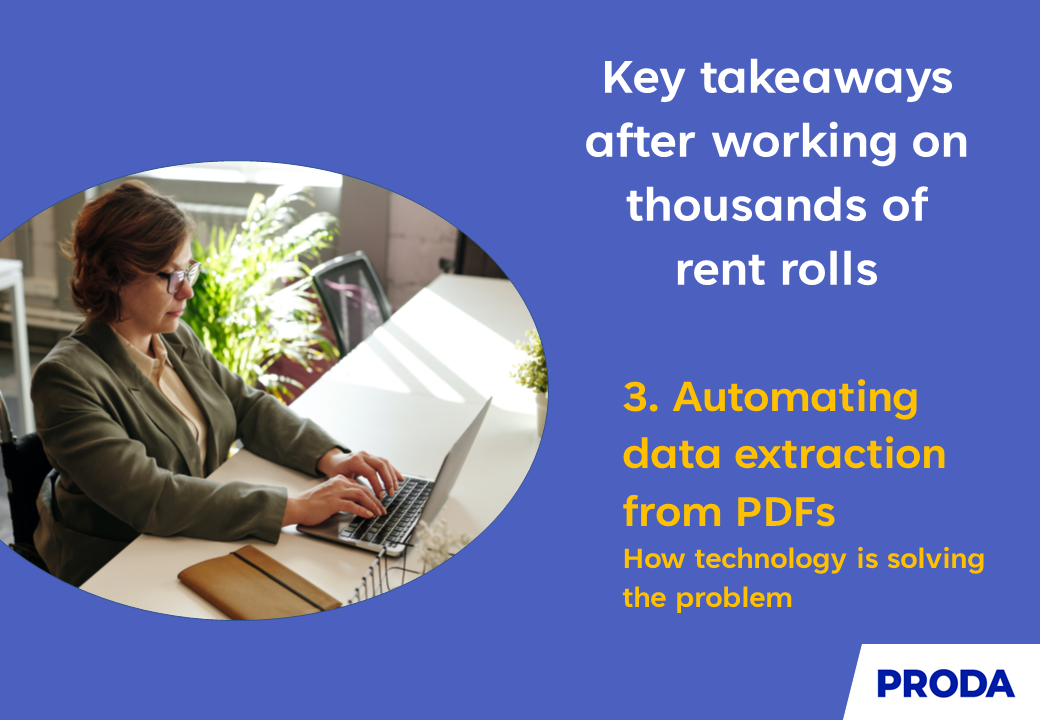In our latest ‘Leaders in Property and Technology’ blog, we spoke with James Pellatt, Director of Innovation at Great Portland Estates (GPE), a FTSE 250 property investment and development company, which owns around £2.5 billion of office, retail and residential space in central London.
PRODA: As the Director of Innovation at GPE, what does your role involve and how are you helping GPE to prioritise innovation across the business?
My role is to set and implement our innovation strategy, which is built around a vision of ‘Driving Innovation to enhance Customer Workplace Experience’.
At GPE, we aim to look at innovation through two lenses. The first, discovery, looks at changes in the way we will work in the next three to five years. The second, implementation, is all about implementing known technology to enhance our customer experience. Each year we then pick seven or eight areas of focus that are designed to help identify and solve problems our business and customers are facing.
PRODA: GPE prides itself on believing in the ‘power of innovation and partnership to deliver a greater choice of adaptable, climate resilient places fit for London’s future.’ Could you tell us more about what this means?
GPE owns, manages, and develops commercial real estate exclusively in central London and our purpose is to unlock the potential to create sustainable space for London to thrive. Alongside our commitment to achieve net zero by 2030, we have a clear focus on reducing embodied and operational carbon from our portfolio. This means looking at how we can deliver net zero developments, effectively refurbish existing spaces and retrofit our existing properties.
We have two service lines – HQ and Flex buildings. In each, we provide Ready to Fit, Fitted, and Fully Managed spaces. This gives our customers a choice of service or product line – but in each one, we need to give them feedback on how many people are consuming energy at different times of the day.
PRODA: Are there things that real estate can learn from other industries as it continues to digitise? If so, what?
Undoubtedly there is a great deal to learn from a wide range of industries as we digitise, particularly those that produce both hardware and software. The automotive industry is a good example of an industry that has had to embrace change in terms of Electric Vehicles but also increasingly having to shift to a relationship where manufacturers start to have direct relationships with their customers. To be successful in real estate, we believe in putting our customers first and thinking about their outcomes, rather than simply providing a space for them to occupy.
PRODA: Data is undeniably integral to decision-making. Without it, navigating risk is almost wholly blind-sighted. With the current economic turmoil and market uncertainty, do you predict an increase in reliance on data?
I don’t think there will be an increase in the reliance on data, real estate has done so for decades. What it should increasingly rely on is organised, well-structured cloud-based data that combines information from different sources to give insight into the business.
The growth of cloud services from the likes of Microsoft, Amazon, and Google means that real estate now has off-the-shelf platforms to gather and use data. Those that invest in this technology today will undoubtedly outperform tomorrow.
Many thanks to James for taking the time to speak with us. We will be back soon with another post as we continue to speak to leaders across the industry.




